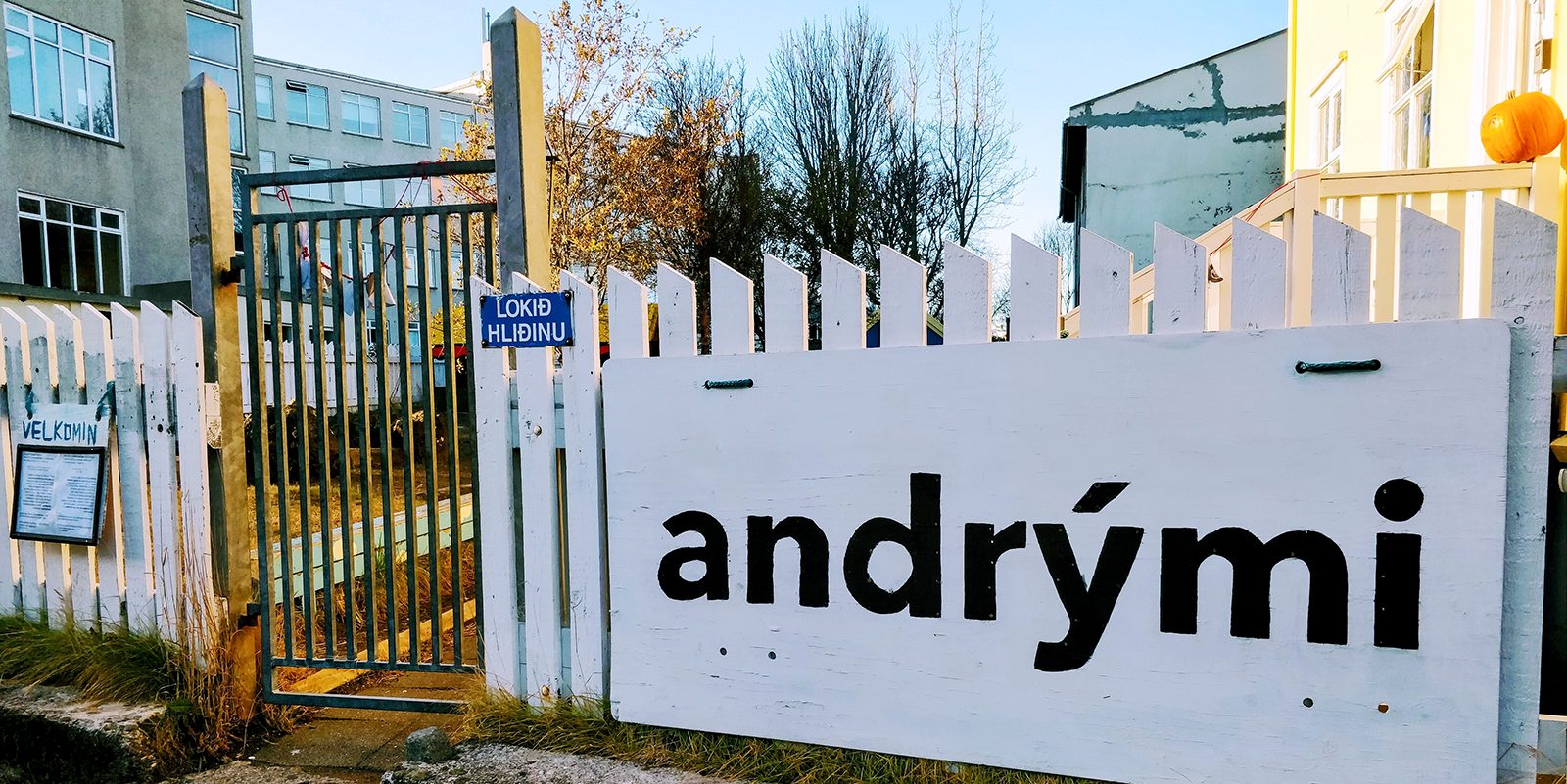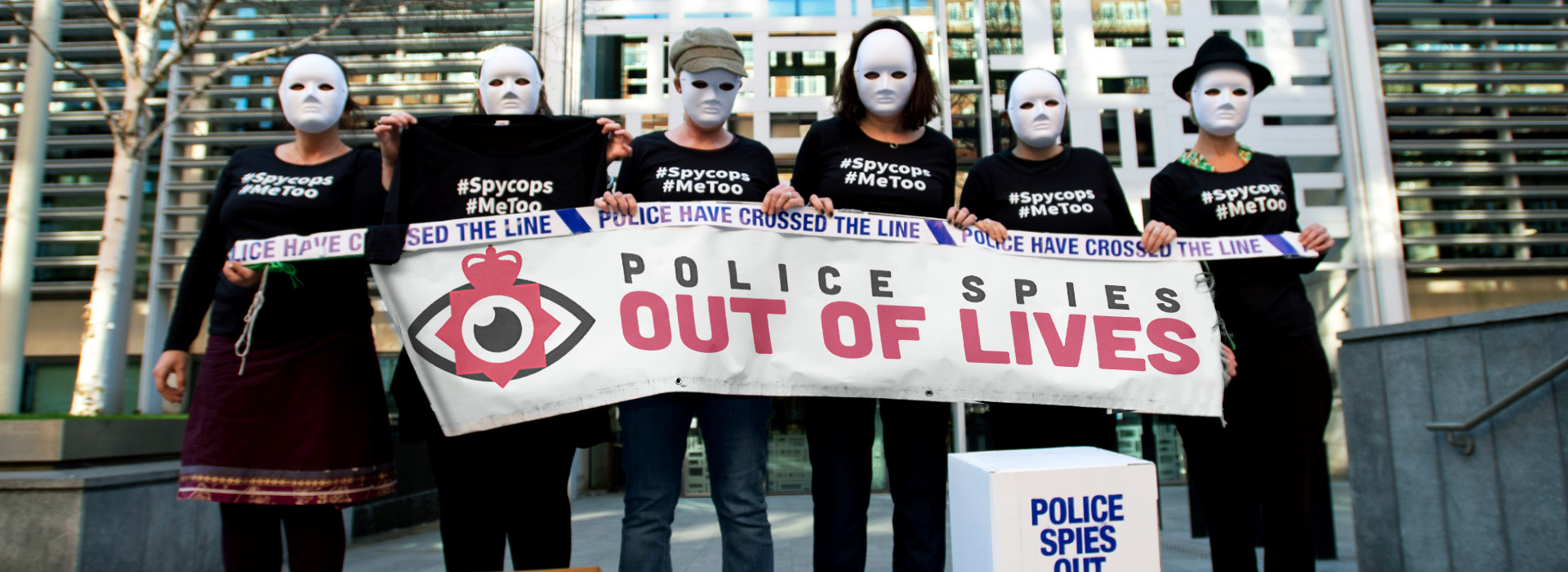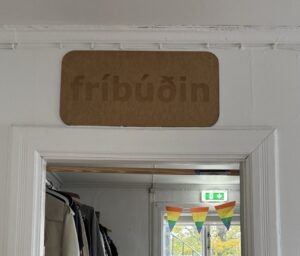SPYCOPS: Exposing Undercover Policing of Activist Movements
How far is the State willing to go in order to suppress resistance?
Well, pretty far—indeed!
Last month, the Guardian’s podcast series Today in Focus published a two-part show (see links below) about the demoniac lengths to which (at least) the British State has gone—often in collaboration with other States—in their relentless crusade against political activists. The show’s topic is the so-called SPYCOPS case—regarding undercover policing of activist movements—currently the subject of a Public Inquiry in the UK, the legal proceedings of which started last November and will go on for a few years.
Following the 2010 exposure of British undercover cop Mark Kennedy—who for seven years, disguised as activist “Mark Stone”, infiltrated and spied upon various activist groups in the UK and Europe—several independent investigations, operated mostly by activists as well as two Guardian journalists (Rob Evans and Paul Lewis the main interviewees in the podcast), revealed the highly extensive nature of undercover policing within activist movements in the UK (and, in fact, elsewhere—including Iceland). Going back to the early 1970’s, the investigations have exposed the presence of at least 139 cops infiltrating and spying upon more than thousand political groups—including anarchists, anti-racists, environmentalists, feminists, animal rights activists and anti-war protesters.
One of the targeted groups, infiltrated by said Kennedy from 2004 to 2006, was Saving Iceland—an international anarchist and environmentalist movement fighting against the destruction of Iceland’s glacial rivers and geothermal areas by international aluminium cartels and national energy companies. Not only did Kennedy spy upon the movement’s activists (certainly with the knowledge and consent of the Icelandic police—and probably in cooperation with them as well); he furthermore acted as an agent provocateur—systematically attempting to push people, including teenagers, into taking actions that could have had serious legal consequences.
Among other disturbing facts, the investigations have revealed that a great number of undercover officers—posing as “fellow activists”—formed intimate relationship with female activists: a conduct not only condoned, but more importantly encouraged by their police superiors. It has also been exposed that, in order to create credible cover names and IDs, the officers were advised to exploit the identities of deceased children. Although still hoping for some sort of justice and closure, these women and the families of the deceased children—as well as activists in general—are highly critical of the Public Inquiry’s legal proceedings and its blatant lack of transparency.
Listen to Today in Focus’ coverage of the SPYCOPS case here: Part 1 and Part 2.
(Probably not too surprisingly, given the Guardian’s overall Liberal outlook, the latter part includes some lousy justification for the surveillance and infiltration of what the journalists refer to as “extremism” on the activist movements’ margins.)
Some of the above mentioned women, who were sexually abused by the British state, have teamed up with the Telegraph—creating a more detailed, seven-parts radio show: Bed of Lies.
Finally, for those who might prefer listening in Icelandic, RÚV’s now defunct foreign news program Heimskviður reported on the Public Inquiry in their second last show. Their coverage is not great (again, including some pathetic justification for infiltration), but not too bad either—focusing mostly on the women’s cases.



Only a single of so many disturbing SPYCOPS sagas, here is an account of how, following 9/11, an experienced undercover police officer — one Bob Lambert (alias Bob Robinson), who had previously spied upon various environmentalist groups, and later enjoyed a career as an “academic expert on Islamophobia” — orchestrated a large-scale infiltration of the British Muslim society:
https://www.middleeasteye.net/big-story/uk-london-muslims-police-spy-undercover-mosques